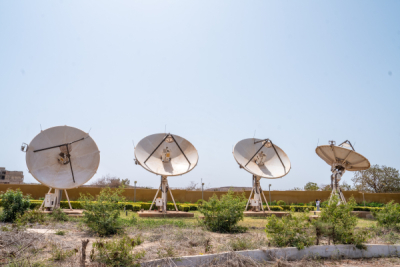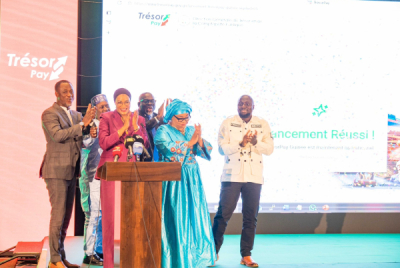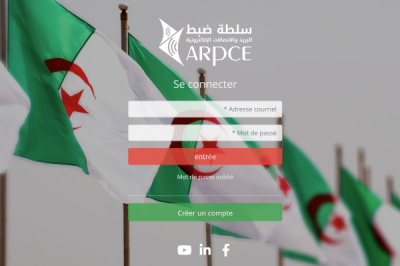In recent years, the digital sector has become a key contributor to Senegal's economic and social development. In the coming years, the government plans to intensify its efforts and fully capitalize on the opportunities offered by this rapidly growing industry.
Senegal On Monday, October 14, officially presented its national development plan for 2050. Titled ‘Senegal 2050,’ the plan outlines the country’s path to economic transformation. Digital technologies play a key part in this path.
"Today, digital technology is revolutionizing the global economy. Our goal is to make it the driving force behind Senegal's future economy by promoting widespread adoption. This will enhance daily life, stimulate economic growth, and strengthen governance," said Victor Ndiaye, CEO of the consulting firm Performances Group and co-author of the national development plan.
Over the next 25 years, Senegal aims to digitize all sectors of its economy. Priorities include the digitization of land and real estate, an initiative designed to enhance fairness in land access and improve tax justice. Additionally, a reliable digital identity system will be implemented to allow citizens to easily connect to various online services.
The development of quality infrastructure, such as campuses dedicated to innovation and training, along with robust digital networks, is also at the heart of this strategy. The plan includes the creation of new smart cities, which will serve as hubs for technological and economic development.
In terms of human capital, the document emphasizes the creation of a dynamic ecosystem of economic activities and small and medium-sized enterprises (SMEs), supported by three to four key growth sectors. These sectors will be driven by local champions aiming to produce high value-added goods for export.
Education and training will be central to this digital transformation. Schools, universities, and training centers will integrate advanced technology learning into their curricula, preparing all Senegalese to participate in the new digital economy.
The implementation of these projects will be detailed in the national digital strategy, the "Technological New Deal," currently under development. This plan will outline the concrete steps to achieve these ambitious goals. The ultimate objective is to ensure an inclusive and sustainable digital transformation, positioning Senegal among the region's most advanced economies by 2050.
Samira Njoya



















